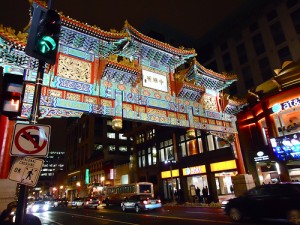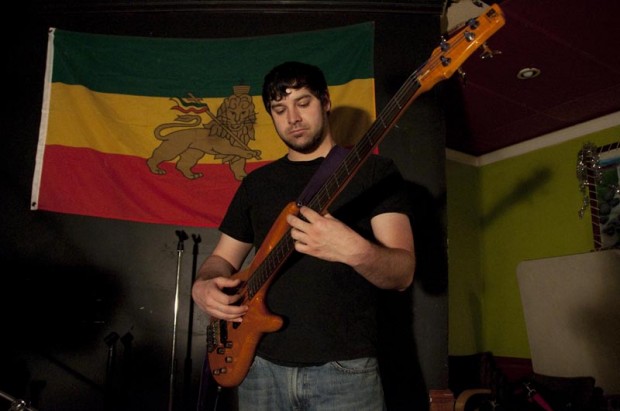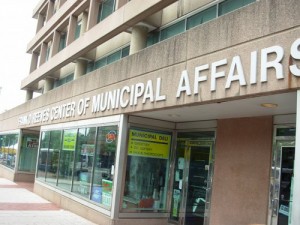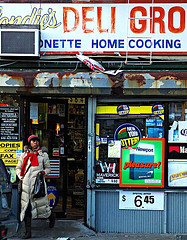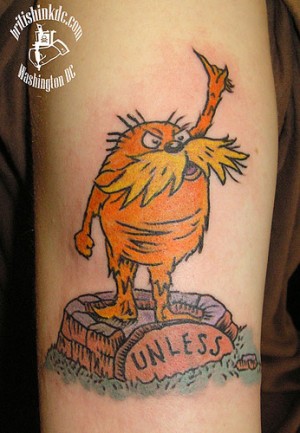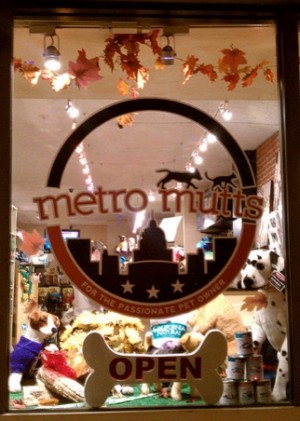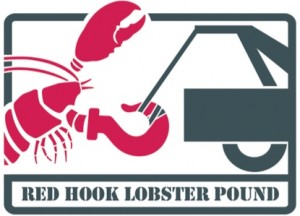Pamela Johnson, who owns a storefront in the H Street NE neighborhood, says her property value has gone up so much that she can’t afford to pay her tax bill. Her story is included in The New York Times gentrification piece, which caused Matthew Yglesias to ask if property owners can ever be the victims of gentrification:
Normally you think of the gentrification problem as applying to renters. Objective conditions improve in a poor neighborhood, which is good. But the improved conditions lead to higher rents, so the poor people wind up not benefiting since they have to move out. It’s difficult for me to see how this kind of problem could afflict property owners, who regardless of race or class considerations ought to benefit from asset appreciation.
But as Ta-Nehisi Coates of The Atlantic points out, winning out financially isn’t always the only priority for owners:
I actually think it’s fairly easy to understand Johnson’s beef. She likes her neighborhood as it is. She may well be able to “sell high,” but the fact is she doesn’t want to sell at all. She probably would love to see her property values rise, but the neighborhood isn’t simply, for her, a financial instrument–it’s an emotional one. In that sense, Johnson isn’t very different than millions of other humans who invest in neighborhoods.
Her contention that the city is “driving us out of here.” is very much debatable. But it’s worth noting that a class of owners with a commitment to something more than a naked financial return is a good thing. When Matt asserts that the city is trying to make H Street a “desirable place to live,” I am compelled to ask “desirable for whom?” I’m not being obtuse here–I understand, in the aggregate, his larger point. But very often people find a kind of value in their living condition that eludes socioeconomic data.
And although individual owners may make money by selling properties in increasingly pricey areas, what kind of overall effect do such sales have on neighborhoods? In Logan Circle, for instance, a group of low to moderate-income homeowners are contemplating selling their modest town homes to a developer for $800,000 each. If they decide to sell, they could walk away with a large return. But if they sell and leave the neighborhood, they take with them much of Logan’s remaining income diversity.




